I disagree with the ProMED moderator here. Unless lab results are showing something unusual, I think the most likely reason for such an alert is a potential EVD importation from the outbreak in the DRC. A single fatal illness, without a travel link or unusual lab finding, almost anywhere in the world, isn't usually enough to get such an alert.
Published Date: 2019-09-13 15:04:15
Subject: PRO/AH/EDR> Undiagnosed illness - Tanzania: fatal, WHO team deployment, RFI
Archive Number: 20190913.6672971
Subject: PRO/AH/EDR> Undiagnosed illness - Tanzania: fatal, WHO team deployment, RFI
Archive Number: 20190913.6672971
UNDIAGNOSED ILLNESS - TANZANIA: FATAL, WHO TEAM DEPLOYMENT, REQUEST FOR INFORMATION
************************************************** *********************************
A ProMED-mail post
http://www.promedmail.org
ProMED-mail is a program of the
International Society for Infectious Diseases
http://www.isid.org
Date: Thu 12 Sep 2019
Source: WHO Africa [edited]
https://www.afro.who.int/news/who-de...nknown-illness
The World Health Organization (WHO) is aware of a rumour related to the death of a person due to an unknown illness in Tanzania. We have reached out to Ministry of Health officials for further details and have offered our support.
In line with our responsibility under the International Health Regulations, WHO regularly receives and investigates numerous rumours of public health events.
In this regard, WHO is working with national health authorities and is deploying a technical team to Tanzania to investigate this rumour as a matter of urgency.
WHO will be informing Member States of the outcome of this investigation through their national International Health Regulations focal points.
--
Communicated by:
ProMED-mail
[This unusually urgent deployment of a WHO technical team to Tanzania raises concern for the possibility of a communicable disease with high mortality, such as Ebola virus disease (EVD) or another viral hemorrhagic fever. EVD has not been previously reported from Tanzania, and such a case would be relatively unlikely to be related to the current EVD outbreak in the Democratic Republic of Congo, as the 2 countries do not share a land border and are separated by Lake Tanganyika. ProMED would appreciate any information regarding this or related cases in Tanzania. - Mod.LXL
************************************************** *********************************
A ProMED-mail post
http://www.promedmail.org
ProMED-mail is a program of the
International Society for Infectious Diseases
http://www.isid.org
Date: Thu 12 Sep 2019
Source: WHO Africa [edited]
https://www.afro.who.int/news/who-de...nknown-illness
The World Health Organization (WHO) is aware of a rumour related to the death of a person due to an unknown illness in Tanzania. We have reached out to Ministry of Health officials for further details and have offered our support.
In line with our responsibility under the International Health Regulations, WHO regularly receives and investigates numerous rumours of public health events.
In this regard, WHO is working with national health authorities and is deploying a technical team to Tanzania to investigate this rumour as a matter of urgency.
WHO will be informing Member States of the outcome of this investigation through their national International Health Regulations focal points.
--
Communicated by:
ProMED-mail
[This unusually urgent deployment of a WHO technical team to Tanzania raises concern for the possibility of a communicable disease with high mortality, such as Ebola virus disease (EVD) or another viral hemorrhagic fever. EVD has not been previously reported from Tanzania, and such a case would be relatively unlikely to be related to the current EVD outbreak in the Democratic Republic of Congo, as the 2 countries do not share a land border and are separated by Lake Tanganyika. ProMED would appreciate any information regarding this or related cases in Tanzania. - Mod.LXL



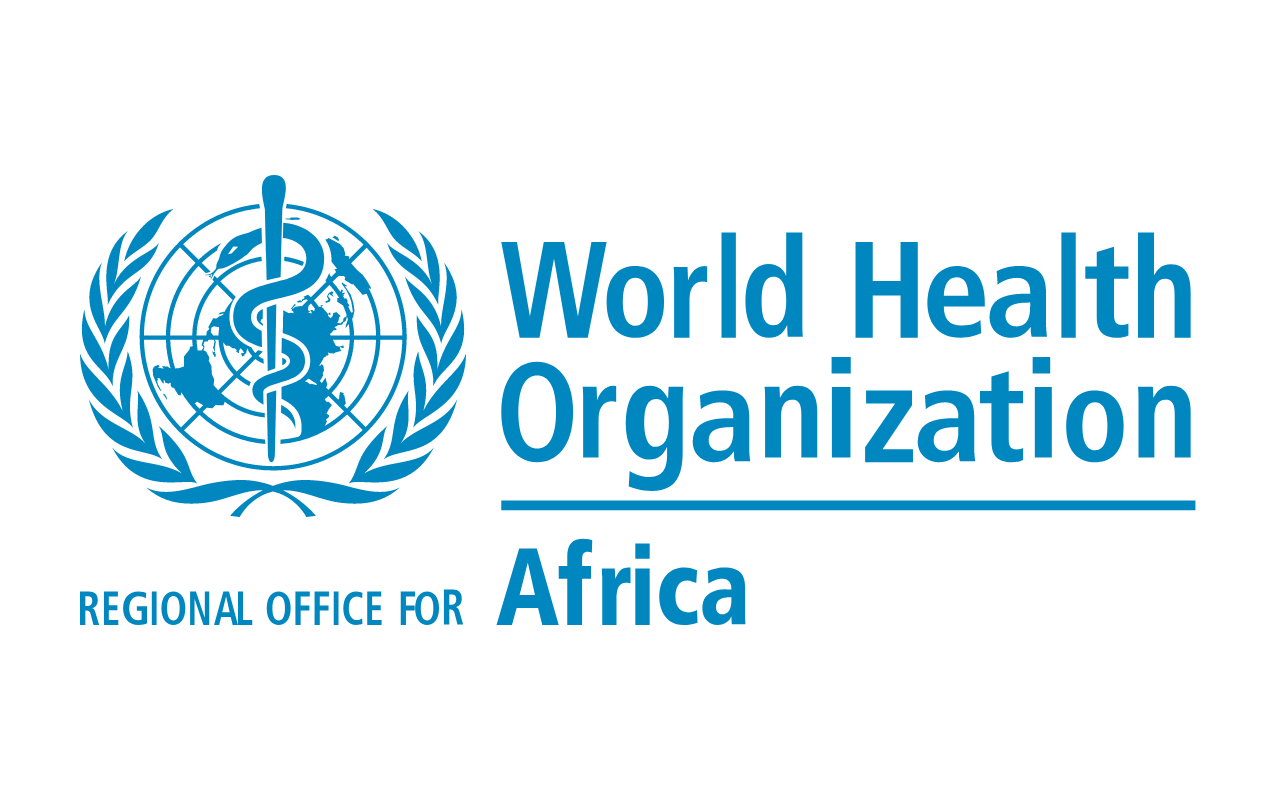
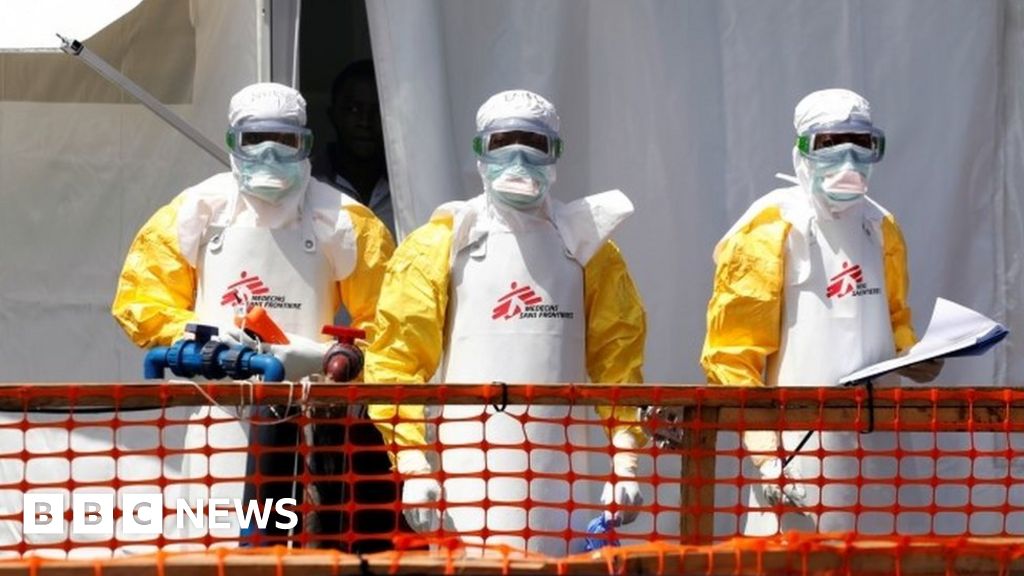
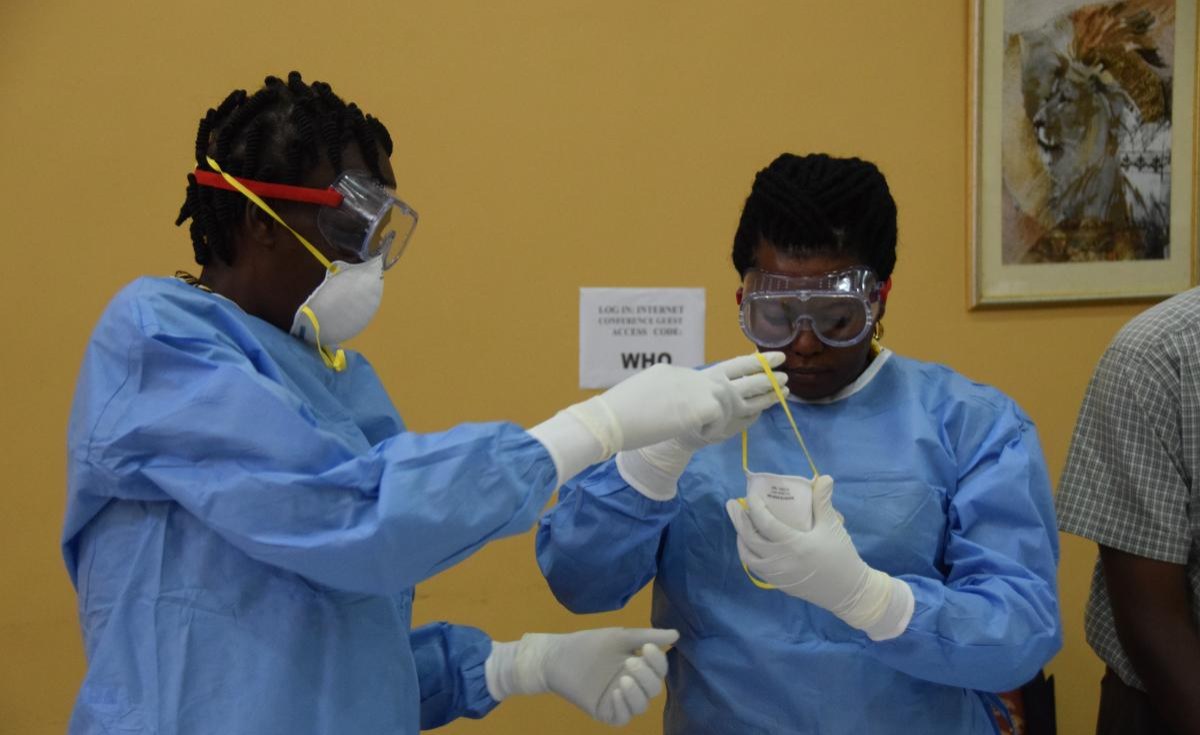
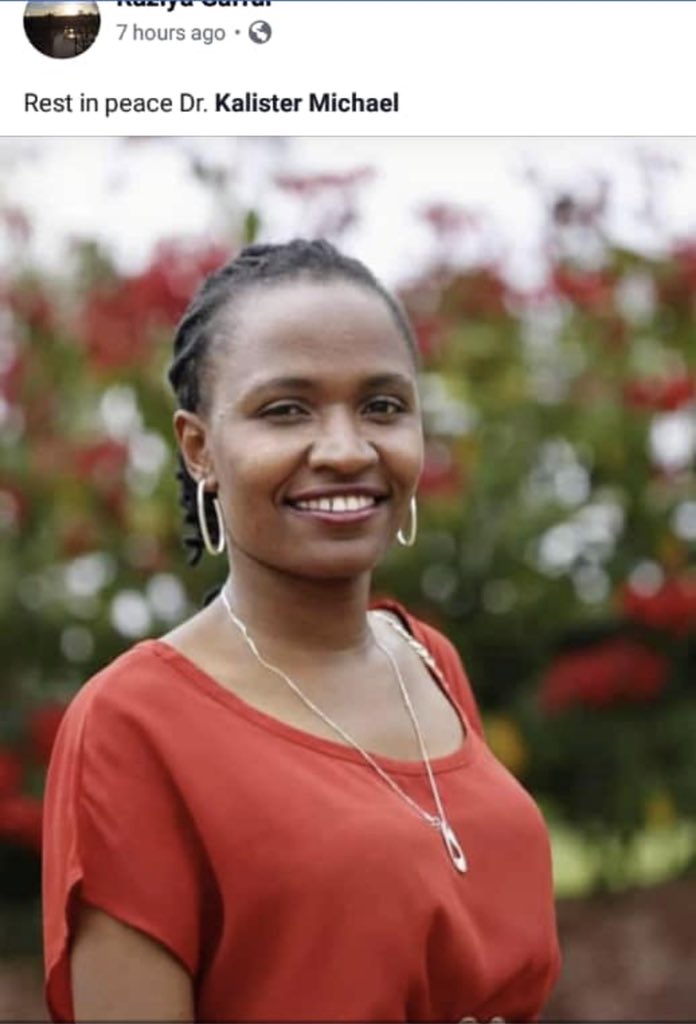
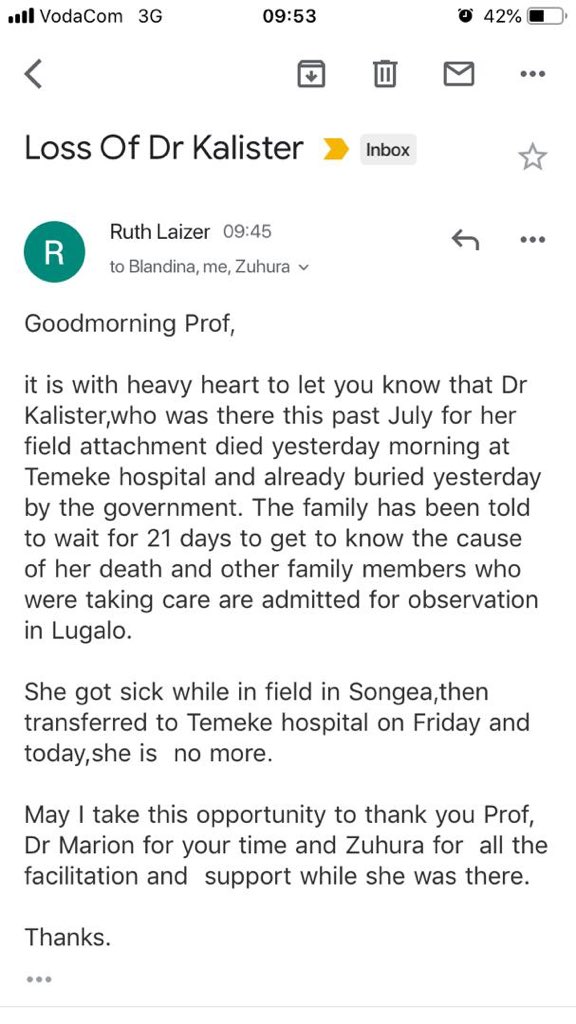
Comment